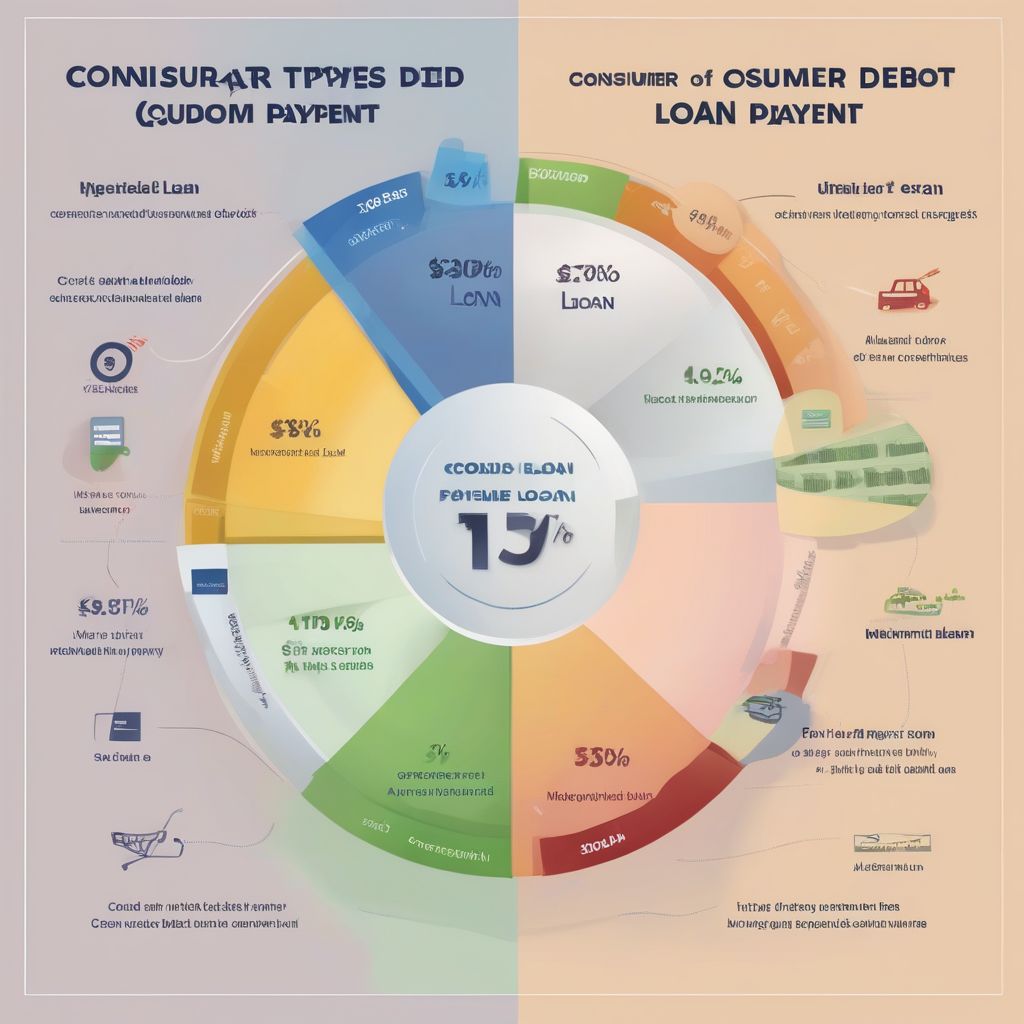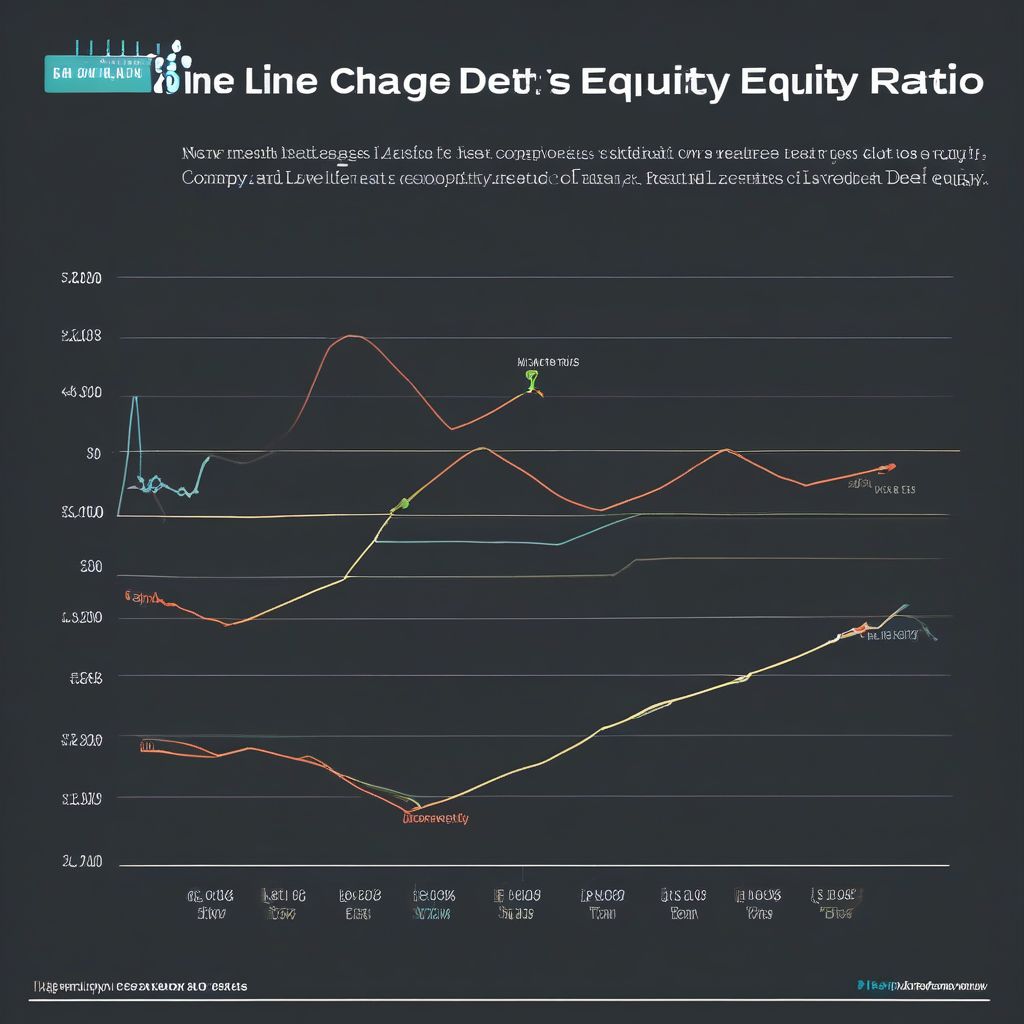Dealing with tax debt, especially when it involves the Internal Revenue Service (IRS), can be a stressful and overwhelming experience. The IRS has a reputation for being relentless in collecting what’s owed, but understanding your options and seeking Assistance With Irs Debt can make a significant difference in navigating this challenging financial situation. This article will guide you through the complexities of IRS debt, exploring various solutions and providing valuable insights to help you regain control of your finances.
Understanding IRS Debt: When Taxes Become a Burden
Before delving into solutions, it’s crucial to understand how IRS debt arises and the potential consequences of unpaid taxes. IRS debt refers to any outstanding federal tax liability that remains unpaid after the filing deadline. This could include:
- Income Tax: Unpaid federal income tax from wages, salaries, investments, or self-employment income.
- Payroll Taxes: Unpaid taxes withheld from employee wages for Social Security and Medicare.
- Penalties and Interest: The IRS can impose penalties for various reasons, such as filing late, paying late, or inaccuracies on tax returns. Interest can also accrue on unpaid tax balances.
Failing to address IRS debt can lead to serious consequences:
- Wage Garnishment: The IRS can legally seize a portion of your wages directly from your employer.
- Bank Levy: They can issue a levy to your bank, allowing them to seize funds from your accounts.
- Property Lien: A lien gives the IRS a legal claim to your assets, potentially leading to seizure and sale.
- Passport Revocation: In some cases, the IRS can revoke or deny passport renewals for significant tax debt.
Understanding these consequences underscores the importance of seeking professional assistance with IRS debt as soon as possible.
Common Questions About Assistance With Irs Debt
Navigating the world of tax resolution can be confusing. Here are some common questions individuals have when seeking assistance with IRS debt:
What are my options for dealing with IRS debt?
The IRS offers several payment options and resolution programs, including:
- Offer in Compromise (OIC): An OIC allows certain taxpayers to settle their tax liability for a lower amount than what they originally owed.
- Installment Agreement: This option allows taxpayers to make monthly payments on their tax debt over an extended period.
- Currently Not Collectible (CNC) Status: If you’re facing severe financial hardship, the IRS may temporarily suspend collection efforts until your financial situation improves.
- Penalty Abatement: You can request penalty abatement if you have a reasonable cause for failing to file or pay on time.
How can a tax professional help with IRS debt?
Tax professionals, such as Enrolled Agents (EAs), Certified Public Accountants (CPAs), and tax attorneys, specialize in tax matters and can provide invaluable assistance with IRS debt. They can:
- Analyze your financial situation: Experts can assess your tax liability, income, assets, and expenses to determine the best course of action.
- Negotiate with the IRS: Tax professionals can act as your representative in dealings with the IRS, working to negotiate payment plans, penalty abatements, or Offers in Compromise.
- Prepare and file necessary documents: They can handle all the paperwork involved in resolving your tax issues, ensuring accuracy and compliance.
- Provide peace of mind: Having a professional on your side can alleviate stress and provide reassurance that your case is being handled effectively.
What are the common mistakes to avoid when dealing with IRS debt?
- Ignoring IRS notices: Ignoring IRS communication will only worsen the situation. It’s crucial to address any notices promptly.
- Making promises you can’t keep: Don’t agree to a payment plan you can’t realistically afford. This could lead to further penalties.
- Attempting to navigate the system alone: The IRS tax code is complex. Seeking professional help can save you time, money, and potential headaches.
Finding the Right Assistance for Your Situation
When choosing a professional to help with your IRS debt, consider the following:
- Credentials: Ensure the professional has the necessary licensing and experience to handle IRS matters.
- Reputation: Research their track record and client reviews to gauge their effectiveness.
- Communication: Choose a professional who communicates clearly, listens to your concerns, and keeps you informed throughout the process.
sonneriesvip.com/wp-content/uploads/2024/08/irs-form-and-calculator-66c5ae.jpg" alt="tax preparation" width="1024" height="1024">tax preparation
Taking Control of Your Financial Future
Facing IRS debt can be daunting, but remember that you’re not alone. Millions of Americans experience tax issues each year. By understanding your options, seeking professional assistance with IRS debt, and taking proactive steps to resolve the situation, you can regain control of your finances and work towards a brighter financial future. Remember, the key is to act swiftly, communicate openly, and seek expert guidance to navigate the complexities of the tax system and find the best possible solution for your unique circumstances.
Continue exploring our website for more valuable resources and insights into the world of finance, investing, and economic trends to empower your financial journey.



